Mosquito Season in Vietnam: What You Need to Know and How to Stay Safe
If you're planning a trip to Vietnam, you've probably heard people mention the mosquitoes. They’re common across the country, especially during certain months, and they can be more than just annoying. Some carry diseases like dengue fever or malaria, which can seriously affect your travel plans if you’re not careful.
We’ve traveled all over Vietnam and have had our fair share of bites. Some areas are worse than others, and some times of the year are easier to deal with. In this guide, we’ll walk you through Mosquito Season in Vietnam: What You Need to Know and How to Stay Safe. If you’re traveling with kids or have sensitive skin, we’ve also added a few extra tips to keep everyone safe and comfortable.
You don’t need to be scared of mosquitoes, but you do need to be smart. A little preparation goes a long way.
What Month is Peak Mosquito Season in Vietnam?
Vietnam has a tropical climate, so mosquitoes are around all year. But the worst time is during the rainy season, which usually runs from May to October. This is when mosquitoes breed more because of the standing water from heavy rains.
In the north of Vietnam, mosquito activity increases from May to September. These months are hot and humid, which mosquitoes love. In the central region, the rainy season starts a bit later, usually around September and lasts until December. Mosquitoes are most active during that time. In the south, it’s warm and humid all year, but mosquito numbers go up from May to November when the rains are heaviest.
You might still see mosquitoes outside of these months, especially in places with a lot of vegetation or standing water, but the risk is lower during the dry season. If you want to avoid mosquitoes as much as possible, the best months to visit Vietnam are from December to March. These months are drier and cooler in many parts of the country.
We’ve traveled through Vietnam in both dry and rainy seasons. During the rainy season, we had to carry mosquito repellent every day, especially in rural areas or near rivers. In the dry season, we rarely got bitten, and it was a lot easier to relax outdoors.
Where Are Mosquitoes Most Common in Vietnam?
Mosquitoes are everywhere in Vietnam, but some places are worse than others. You’ll notice a big difference between cities, countryside, and nature areas.
In urban areas like Hanoi, Ho Chi Minh City, and Danang, mosquitoes are still around, especially during the rainy season. But they are usually less of a problem if you stay in air-conditioned places. That said, if you're staying in local guesthouses, open-air restaurants, or walking in public parks at dusk, you'll probably get bitten unless you use repellent.
The countryside and rural areas have more mosquitoes. Rice fields, canals, and ponds are perfect breeding grounds. If you're traveling in the Mekong Delta, Pu Luong, or Mai Chau, expect more mosquito activity, especially early in the morning or late in the afternoon. The air tends to be more humid in these places, and there are more animals and standing water.
The worst mosquito areas are in forested regions and near national parks like Cat Tien, Bach Ma, and parts of the Central Highlands. These places can have both day-biting and night-biting mosquitoes. If you’re going on a jungle trek or sleeping in basic eco-lodges or tents, you should be very careful.
Places at higher altitudes, like Sapa or Da Lat, can still have mosquitoes, especially during summer or the rainy season.
To sum it up, expect the most mosquitoes in rural, forested, or wet areas, especially during the rainy season. Cities are not mosquito-free, but they are easier to manage if you stay in proper accommodation and take some basic precautions.
Mosquito-Borne Diseases in Vietnam
Not all mosquito bites are dangerous, but some can make you very sick. In Vietnam, the three main mosquito-borne diseases you should know about are dengue fever, malaria, and Japanese encephalitis.
Dengue fever is the most common. It’s found in both cities and rural areas. Dengue mosquitoes bite during the day, especially in the morning and late afternoon. The disease causes high fever, body pain, rash, and in some cases, serious complications. There’s no vaccine or specific treatment. You just have to rest, stay hydrated, and manage the symptoms. Hospitals in big cities can handle dengue cases, but it’s better to avoid it in the first place.
Malaria is not a big threat in most tourist areas. You don’t need to worry about it if you're staying in cities, coastal towns, or popular tourist spots like Hoi An, Ninh Binh, or Halong Bay. The risk goes up in remote places along the borders with Laos and Cambodia or in deep forest areas like some parts of the Central Highlands or Cat Tien National Park. If you’re planning to do multi-day jungle treks or volunteer in isolated villages, you should talk to your doctor before your trip about malaria medication.
Japanese encephalitis is very rare, but it does exist in rural areas, especially around rice paddies and pig farms. There is a vaccine available, and it’s usually recommended if you’re staying in Vietnam for more than a month or spending a lot of time in the countryside.
How to Protect Yourself from Mosquitoes
You don’t need to panic about mosquitoes in Vietnam, but you do need to be prepared. The good news is that it’s easy to protect yourself with a few simple habits and the right items.
What to Wear
Mosquitoes love exposed skin, so start with your clothing. Wear long sleeves and long pants, especially in the early morning and late afternoon when mosquitoes are most active. Choose light-colored clothes because mosquitoes are more attracted to dark colors. If you’re going trekking or staying in the countryside, wear clothes that are loose and breathable but still cover your arms and legs.
When we’re in mosquito-heavy areas, we also wear socks and sometimes even a light scarf or buff around the neck. It might seem like overkill, but it really cuts down on bites.
Use Mosquito Repellent
This is the most important thing you can do. Use a repellent with at least 20–30% DEET. Products like OFF! Deep Woods, Jungle Formula, or Repel work well. You can find some of these in Vietnam, but we recommend bringing your own if you have a favorite brand.
If you want something more natural, repellents with oil of lemon eucalyptus or citronella can help, but they don’t last as long.
Reapply repellent every few hours, especially if you’re sweating a lot or swimming. Don’t forget to spray your feet, ankles, and back of the neck—those are favorite mosquito spots.
Choose the Right Accommodation
Try to stay in places with air conditioning or at least mosquito nets. In cheap guesthouses or homestays, always check the windows and doors for holes in the screens. If you’re staying in nature lodges or tents, use a bed net at night. Most eco-lodges in Vietnam provide them, but not all. It’s worth bringing a travel mosquito net if you’re going off the beaten path.
We also carry a plug-in mosquito repellent for hotel rooms and a mosquito coil for outdoor patios. You can buy both easily in Vietnamese supermarkets or convenience stores.
Other Tools That Help
Electric mosquito rackets: You’ll see these everywhere in Vietnam. Locals use them constantly. They’re cheap and satisfying to use.
Essential oils: Some people swear by tea tree oil or lavender, but don’t expect miracles. They might help for a short time, but we don’t rely on them.
Vaccines and Medication
Most travelers don’t need malaria pills unless they’re going to very remote forest areas. But if you’re planning jungle treks or long stays near border regions, talk to a travel doctor before your trip. For longer visits or if you’ll spend a lot of time in farming areas, a Japanese encephalitis vaccine might be a good idea. It's not required for short-term tourists, but we’d consider it for anyone staying over a month in the countryside.
What to Do If You Get Mosquito Bites in Vietnam
Even if you’re careful, you’ll probably get bitten at some point. Most mosquito bites are just annoying, not dangerous. But it’s still a good idea to know how to treat them and watch for signs of something more serious.
How to Treat Mosquito Bites
The first thing you’ll feel is the itch. Try not to scratch it too much. Scratching can break the skin and cause infection. We always carry a small tube of anti-itch cream like hydrocortisone or calamine lotion. You can also find Tiger Balm or Golden Star balm in Vietnam. Locals use them for everything, including insect bites. They smell strong, but they work well.
If the itch is bad, you can take an antihistamine like cetirizine or loratadine. These are available in Vietnamese pharmacies without a prescription and are cheap. Just show the pharmacist a picture of a mosquito and they’ll usually understand.
For bites that swell or look infected, clean the area with soap and water and apply an antibiotic cream. If it gets worse—red streaks, pus, or strong pain—go to a clinic.
Watch for Symptoms of Mosquito-Borne Diseases
Most bites are harmless, but some can carry viruses. If you start to feel feverish or achy or develop a rash a few days after getting bitten, go to a doctor. Don’t wait.
Dengue fever usually starts with a sudden high fever, headaches, eye pain, muscle or joint pain, and sometimes nausea. There might also be a red rash or bleeding gums. You won’t always have all these symptoms, but if you feel sick after getting bitten, don’t ignore it.
There’s no special medicine for dengue. If doctors suspect it, they’ll monitor you, check your blood, and help with fluids and rest. Most travelers recover fully, but it can ruin your trip if you don’t catch it early.
Malaria usually causes fever, chills, and sweating, often in cycles. It’s rare in tourist areas, but if you’ve been in deep forest regions and feel sick, mention this to the doctor. Japanese encephalitis is even rarer, but it causes more serious symptoms like headache, confusion, or seizures. If anything feels off, don’t wait.
Where to Get Medical Help in Vietnam
Big cities like Hanoi, Ho Chi Minh City, and Danang have international clinics and hospitals with English-speaking staff. Some of the most reliable options include:
Family Medical Practice (in Hanoi, Danang, and Ho Chi Minh City)
FV Hospital (Ho Chi Minh City)
Vinmec International Hospitals (available in major cities)
In smaller towns, you might need help from your hotel to find a clinic. If you have travel insurance, contact your provider for advice on where to go.
Tips for Families and Sensitive Travelers
If you're traveling with kids, have sensitive skin, or are just more prone to bad reactions from bites, you’ll need to take a few extra steps.
Protecting Children from Mosquito Bites
Children’s skin is usually more sensitive, and they can react more strongly to bites. Some kids develop large red welts or scratch until they bleed. The most important thing is to limit their exposure, especially during early mornings and late afternoons.
Clothing: Dress them in lightweight long sleeves and pants. Mosquitoes can bite through thin fabric, so don’t dress them in just a T-shirt and shorts if you’re heading out around sunset.
Child-safe repellent: Use kid-friendly repellents like those with picaridin or low-DEET formulas (under 10%). Brands like Care Plus, Chicco, or Babyganics are good options. Always read the label. For babies under two months, don’t use repellent—use nets and cover their skin instead.
Mosquito nets: If you're staying somewhere without air conditioning, make sure the bed or crib has a mosquito net. We often carried a portable pop-up net when traveling with kids in rural areas.
You can also use mosquito patches or stickers on their clothes. These help a little, but don’t rely on them alone.
Dealing with Sensitive Skin or Allergies
Some people react badly to even minor bites. If that’s you, pack antihistamines, anti-itch creams, and cooling gels. After Bite, aloe vera gel, and calamine lotion all help.
For those with skin allergies, test your repellent at home before the trip. Some natural repellents work better for sensitive skin, but keep in mind they don’t last as long. You’ll need to reapply more often.
Avoid using heavily scented soaps or lotions—mosquitoes seem to like them. We’ve also found that staying in air-conditioned rooms, even in budget hotels, makes a big difference. It’s worth spending a little more if you or your kids are getting bitten every night.
Extra Tips for Peace of Mind
Bring your own gear if you're not sure what will be available. A small bottle of trusted repellent, a plug-in vaporizer, and bite cream don’t take up much space and make a big difference.
Be honest with your accommodation—ask if they have mosquito nets or screens. Don’t assume all eco-lodges or homestays provide them.
Avoid standing water around your room. If you see a bucket, dish, or vase full of still water, dump it out or ask someone to remove it. That’s where mosquitoes breed.
Conclusion
Mosquitoes are a part of life in Vietnam, especially if you're traveling during the hot and rainy months. But they don’t have to ruin your trip. If you know when they’re most active, where to expect more of them, and how to protect yourself, you’ll be in good shape.
The key is to wear the right clothes, use a good repellent, and stay somewhere with decent mosquito protection. And if you do get bitten, don’t panic. Just treat the bite, keep an eye on your symptoms, and get help if you need it.
Vietnam has so much to offer, and mosquitoes shouldn’t stop you from exploring it all. Be prepared, stay alert, and you’ll enjoy your trip just fine.
>>> Top 15 Best Outdoor Adventure Activities In Vietnam
>>> What Bag To Take To Vietnam : Backpack or Suitcase?
Send us your comments about : Mosquito Season in Vietnam: What You Need to Know and How to Stay Safe
Required fields *
You might also be interested
Our clients’ favorite journeys to customize
Looking for inspiration? Discover some of our most popular tours in Vietnam, highly appreciated by our travelers. They are a great starting point to help you choose the perfect journey through Vietnam, Laos, Cambodia, Myanmar, or Thailand—whether you’re traveling solo, as a couple, with family, or with friends.
And since this is your trip, feel free to customize it just the way you like!
Vietnam Cambodia Itinerary 14 Days
Hanoi – Hoa Binh – Mai Chau – Ninh Binh – Halong bay – Hue - Danang – Hoian – Saigon – Ben Tre - Can Tho – Saigon - Siem Reap Angkor - Tonlé Sap - Siem Reap – Ta Prohm - Departure
Vietnam 14 Day Itinerary
Vietnam 14-day itinerary covers the country’s top highlights and quintessential experiences for an unforgettable journey.
Honeymoon Tour Pakcages In Vietnam 12 Days
Saigon Arrival - City Tour – Mekong Delta – Danang – Hoian - by flight - Da Nang – Hanoi - by flight – Halong - overnight on junk – Departure
Authentic Hoang Su Phi Trekking Tours
Hoang Su Phi trekking tours take you to stunning terraces, meet few tourists, connect with locals and enjoy authentic culture.
Best Nha Trang Beach Tour 4 Days
Saigon/Hanoi – Nha Trang relaxation – Saigon/Hanoi – Departure
Mekong Delta Bike Tour Itinerary 7 Days
Cycle through the Mekong Delta in 7 days, discovering floating markets, orchards, craft villages, and tranquil green islands.
Are you interested in this tour?




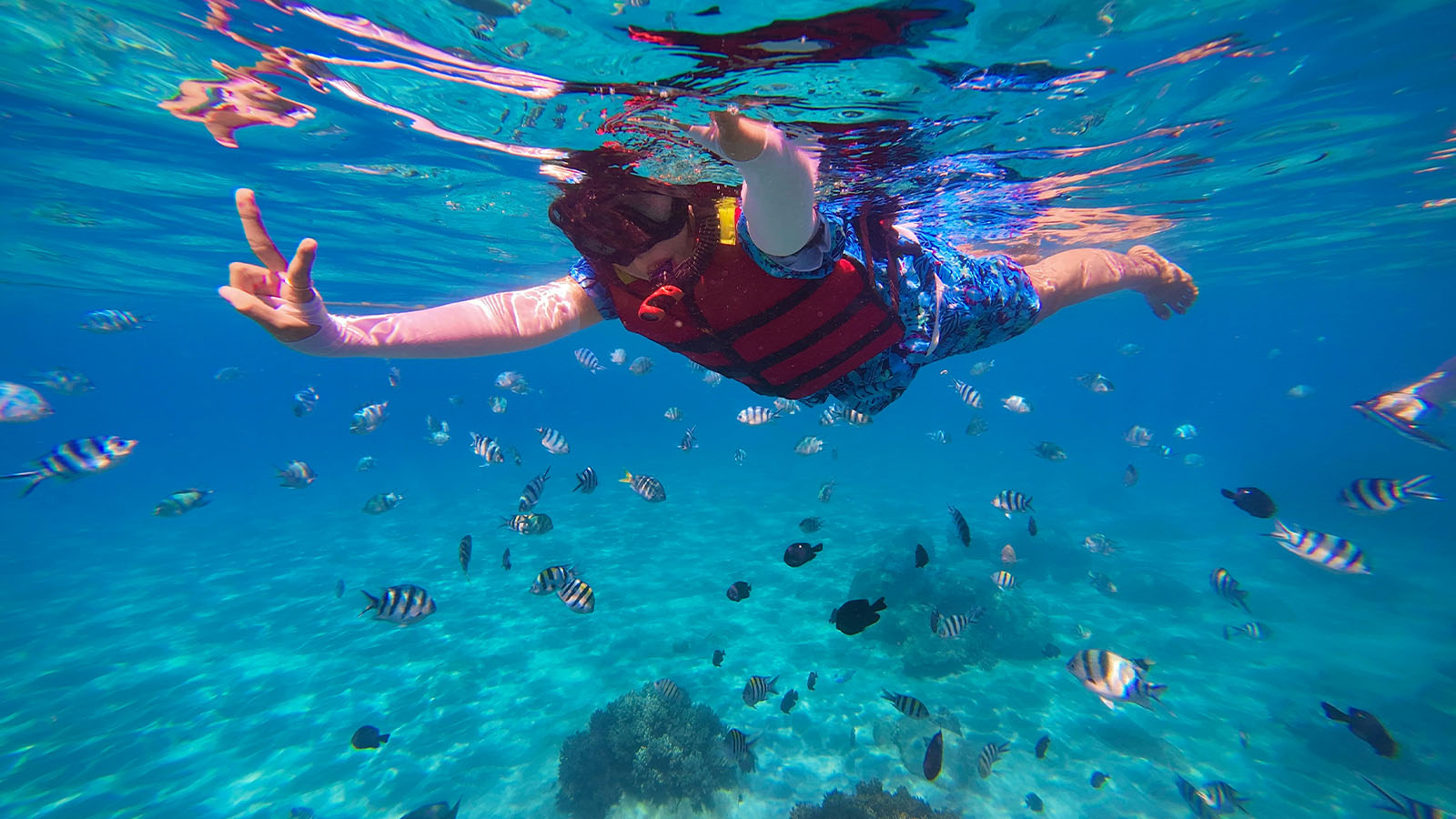



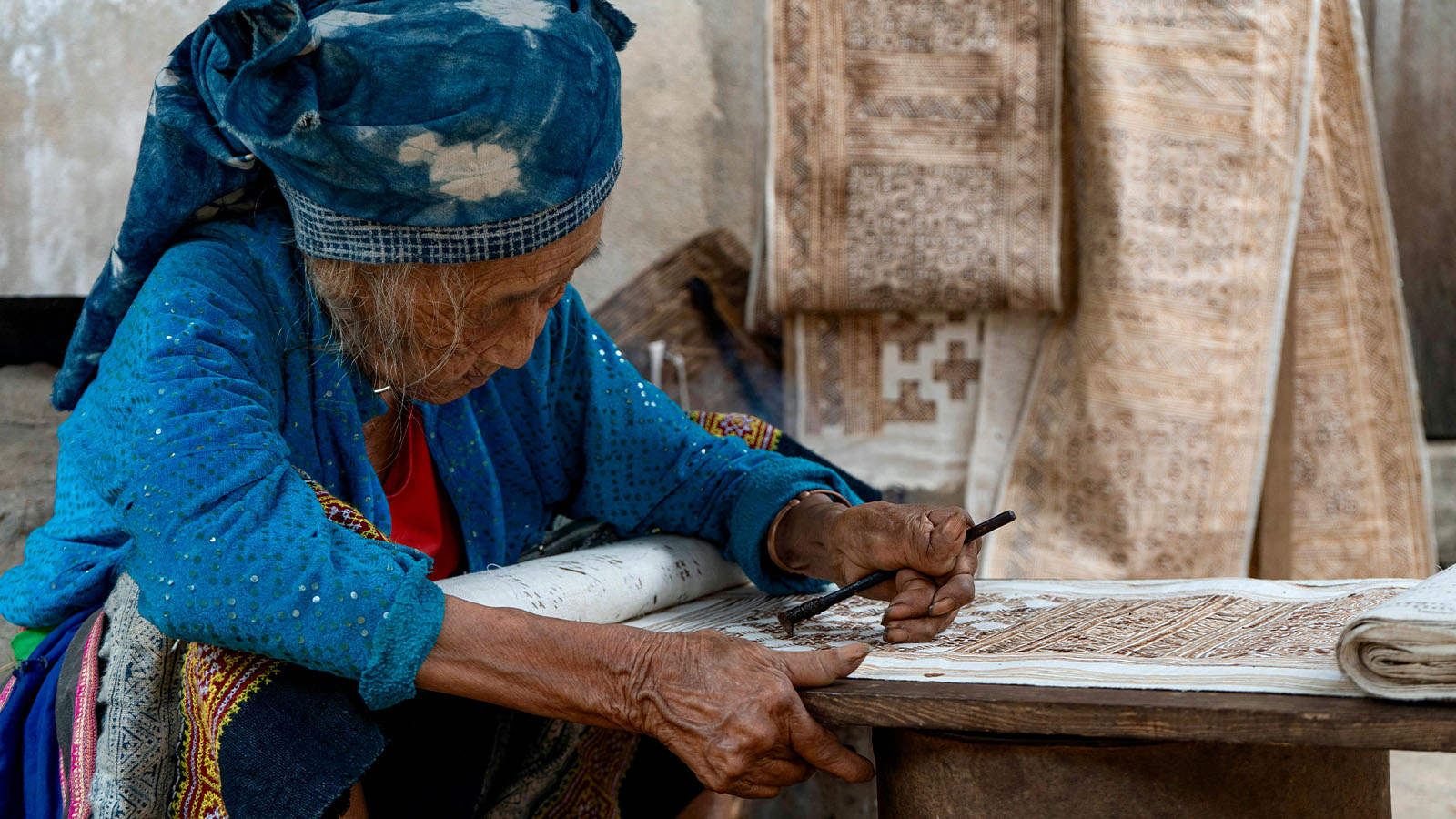









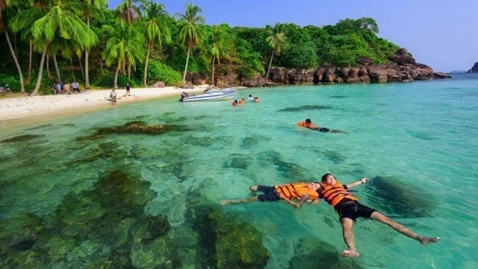
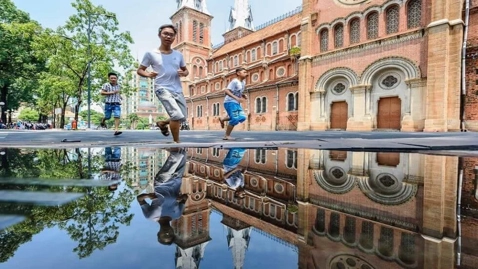


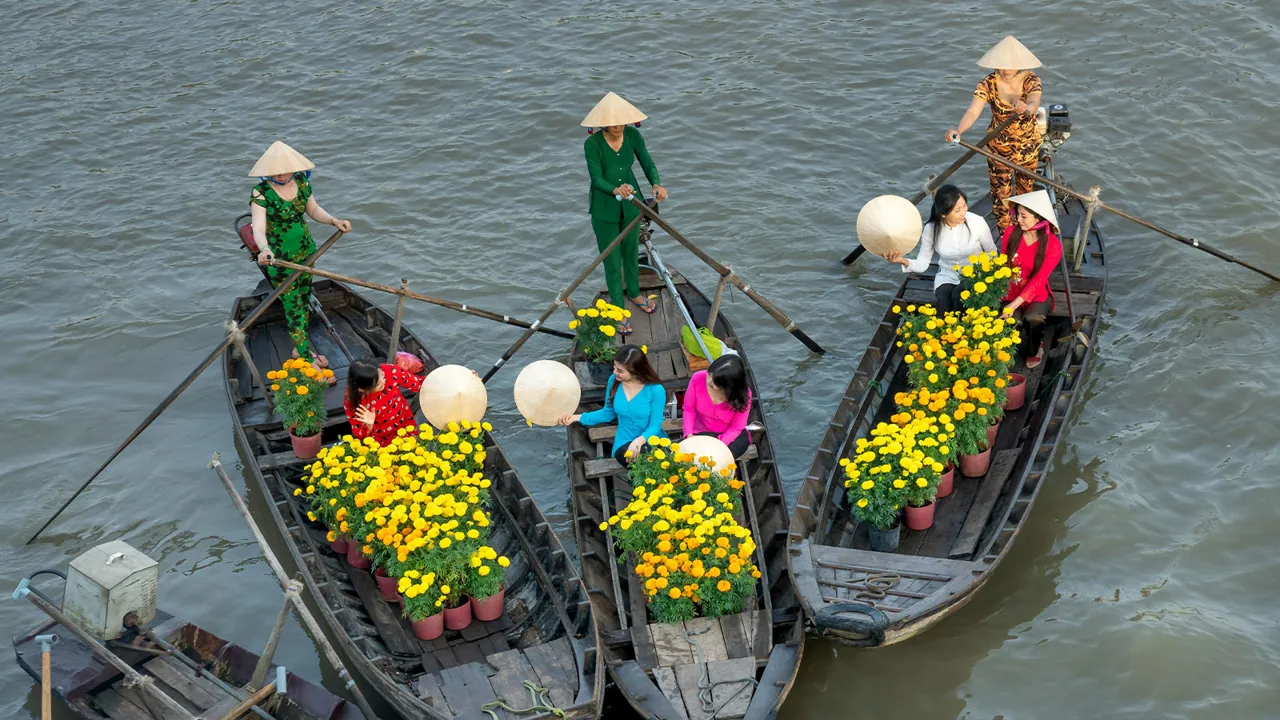
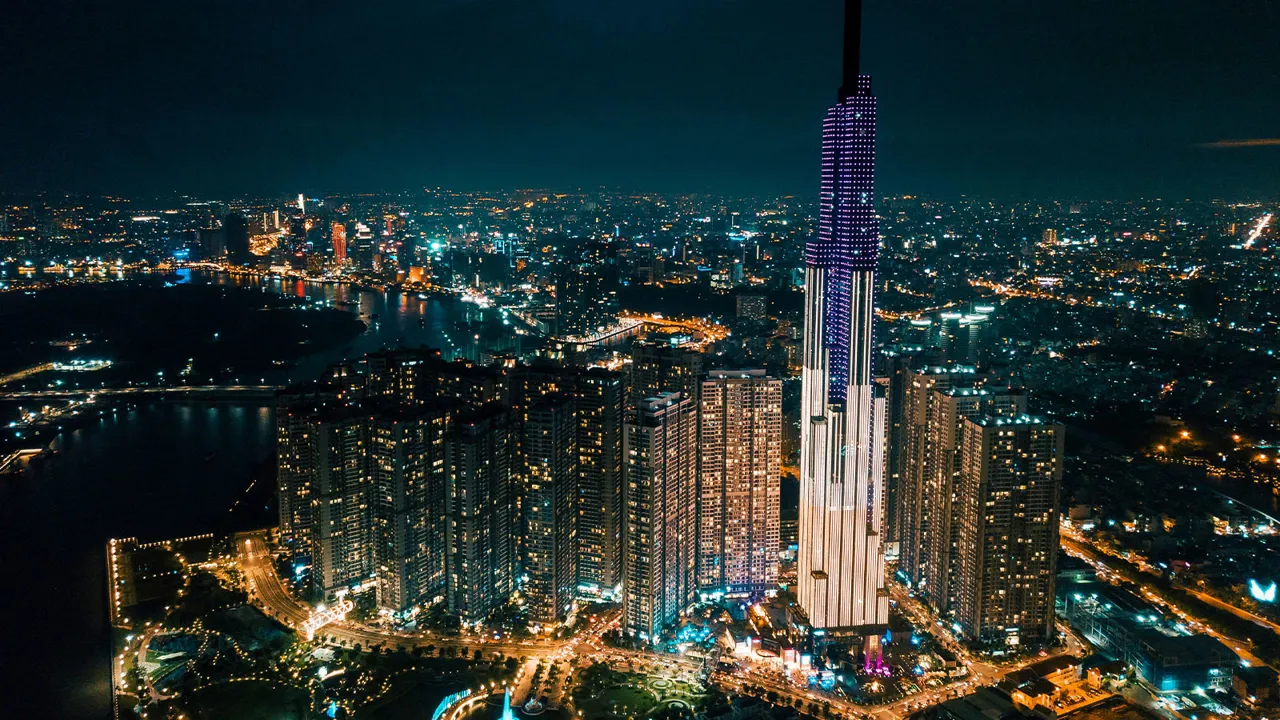

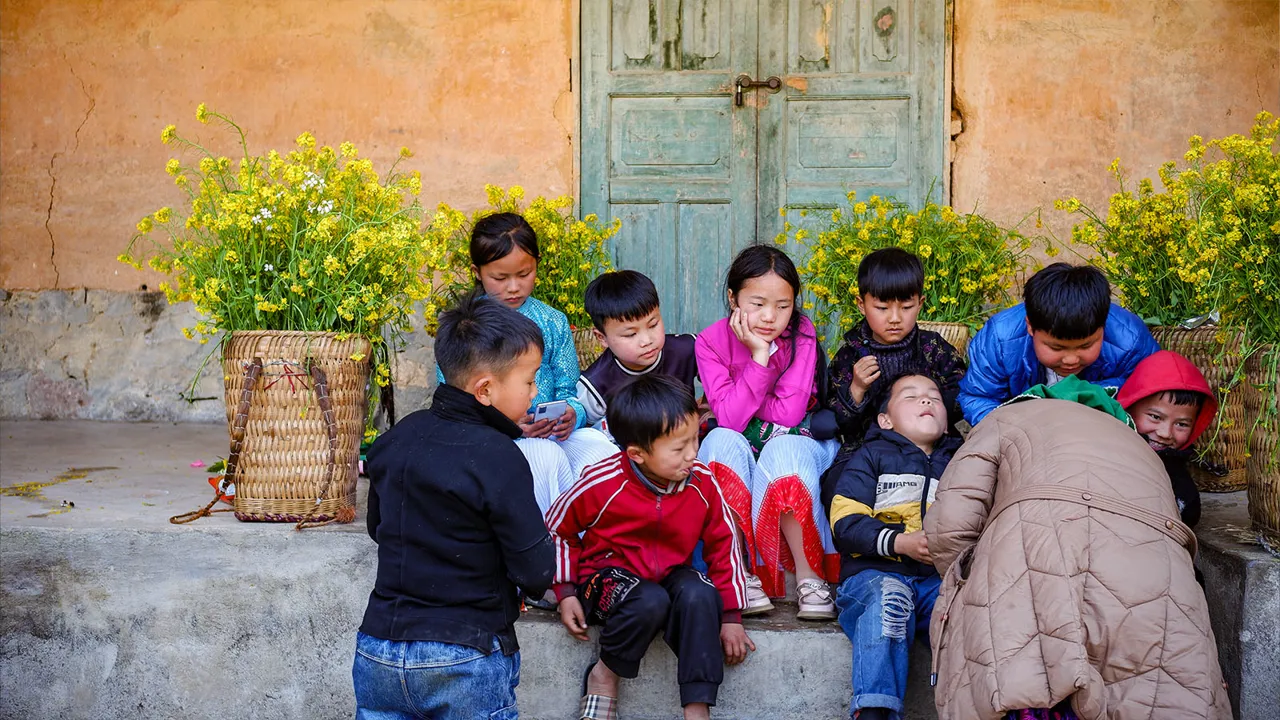
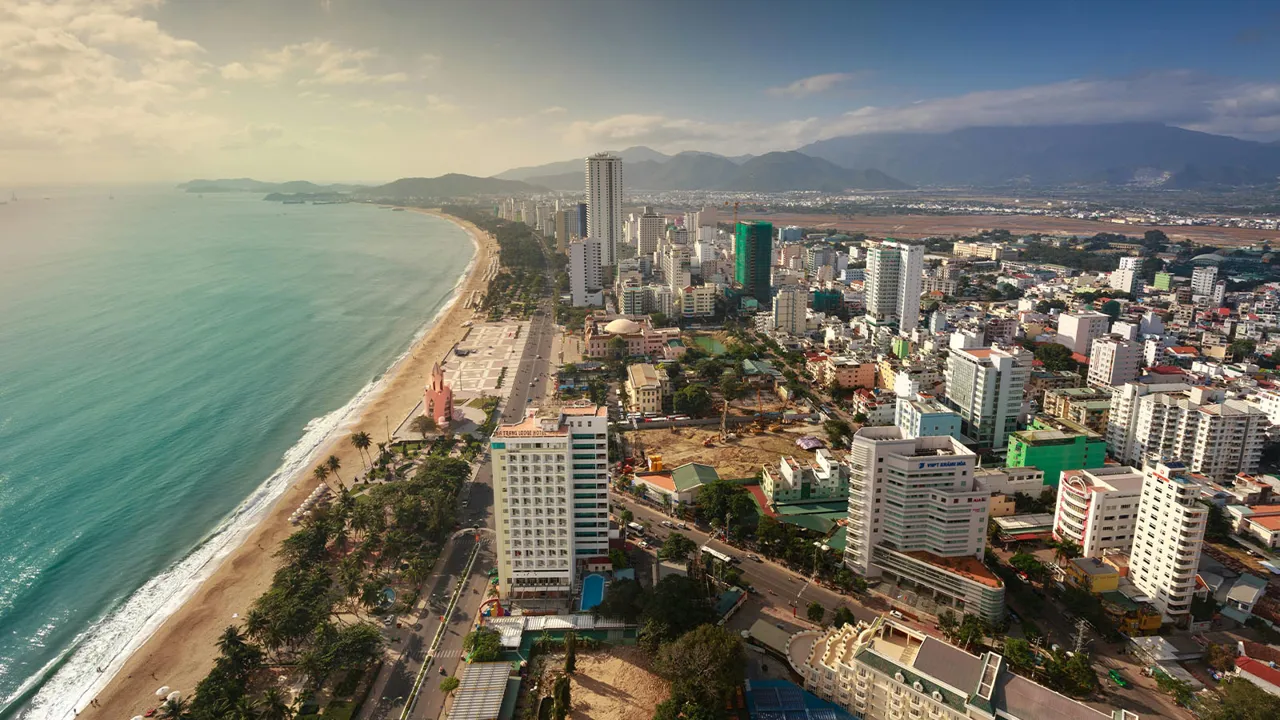
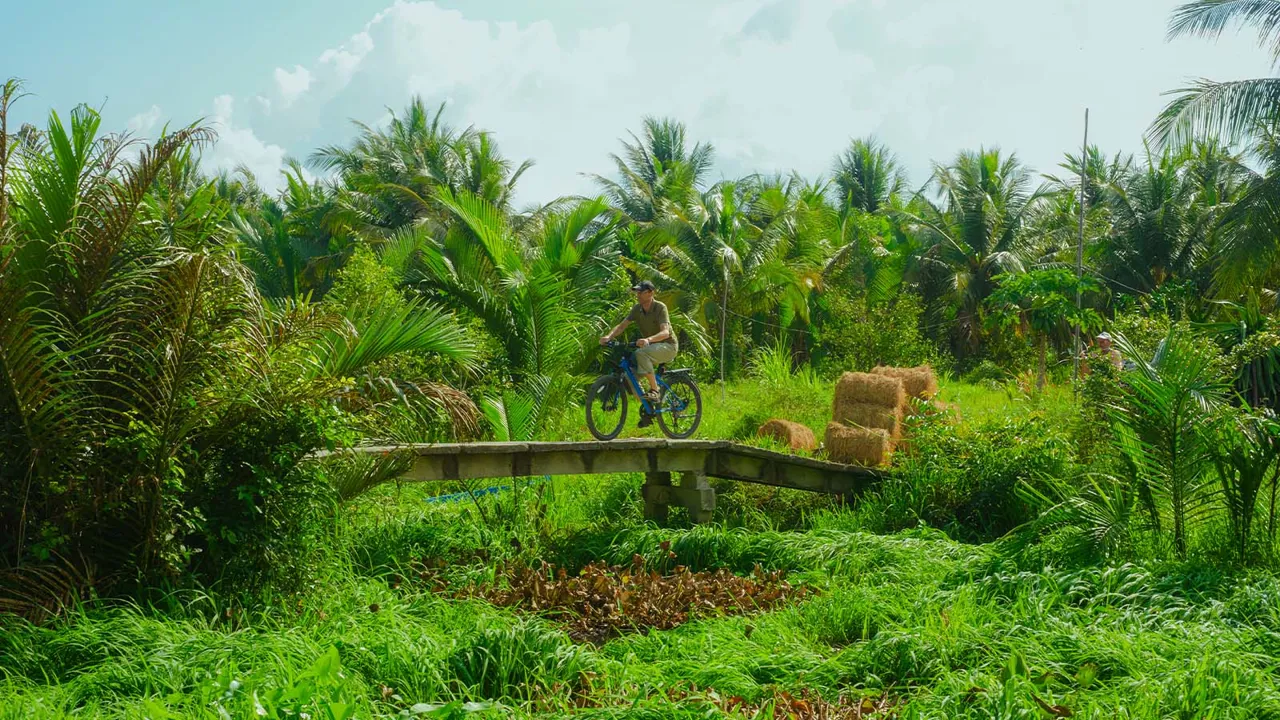

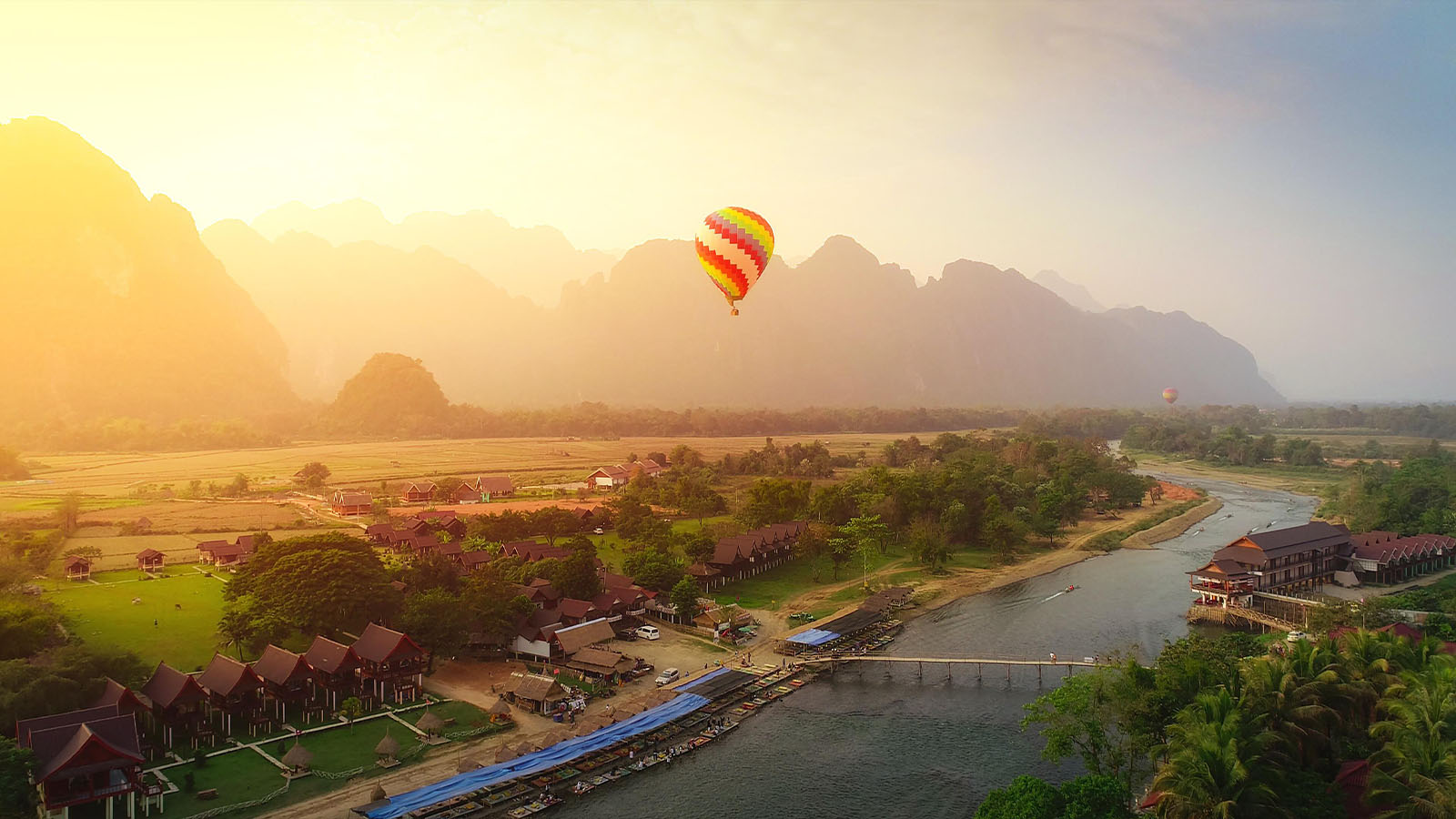





Comment